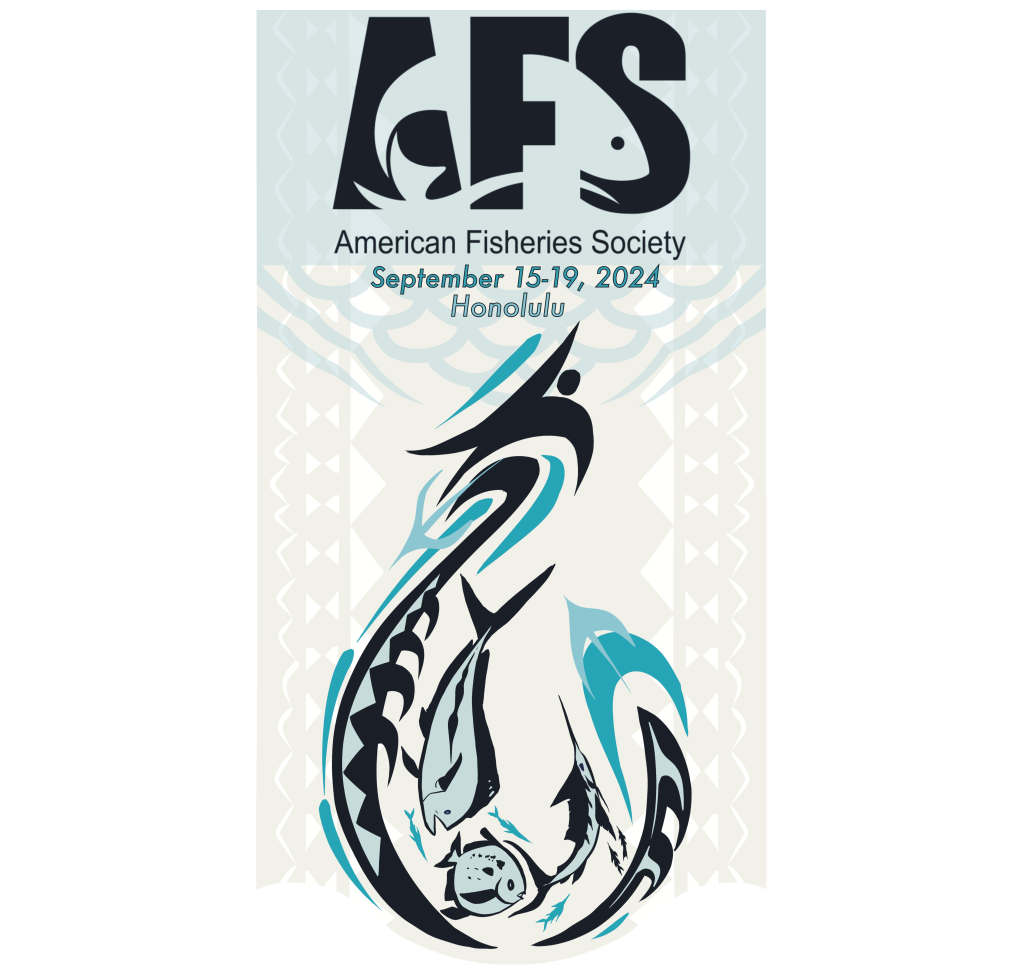Inland and marine fisheries are coupled human and natural systems (CHANS) in which humans and nature are linked via reciprocal interactions that operate at local, regional, and global scales. Fisheries are central to food security, nutrition, and livelihoods globally, yet fisheries are also highly vulnerable to threats including over-exploitation, impacts from invasive species, and degradation from landscape-scale stressors such as urbanization, agriculture, and climate change. We welcome presentations that decompose specific fisheries according to CHANS frameworks (e.g., Liu et al. 2017; Carlson et al. 2022); present data needs for more effectively understanding fisheries as CHANS; use the CHANS framework to highlight potential management actions; and/or emphasize policy needs to address multi-scalar interactions and improve conservation of fisheries resources. Our session will be followed by a panel discussion to review the CHANS framework, drawing from lessons learned throughout the session to enrich the overall understanding and applicability of fisheries as CHANS.
Organizer: Kyle Brumm, Michigan State University, [email protected]
Co-organizers: Dana Infante, William Taylor, Abigail Bennett, Andrew K. Carlson, Alison Coulter, Tommy Detmer, Dennis DeVries, Michael Kinnison, Mark Pegg, Travis Seaborn
Supported by: United States Department of Agriculture – National Institute of Food and Agriculture Multistate Research, Introduced and Invasive Species Section of AFS, Equal Opportunity Section of AFS
